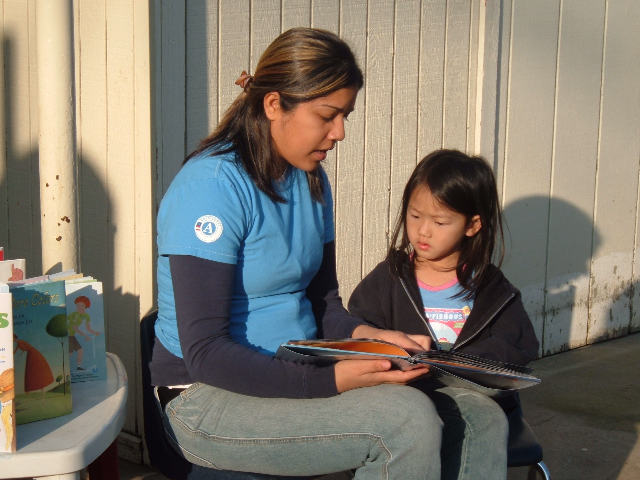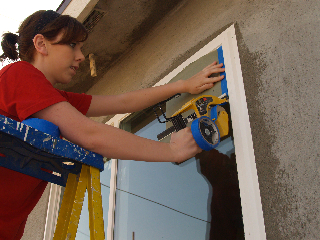Jan and Bud Richter Center
Combining Service and Learning
Wingspread Special Report:
Principles of Good Practice for Combining Service and Learning
by Ellen Porter Honnet and Susan J. Poulsen
The Johnson Foundation
These Principles result from consultation with more than 70 organizations interested in service and learning. These consultations were conducted by the National Society for Internships and Experiential Education. They were written in 1989.
Preamble
The level of interest and sense of urgency in community and
voluntary service grows greater every day. In every community,
programs are being designed for participants from kindergartners to
the elderly. Is there a set of guiding principles by which service
programs can be designed and by which their effectiveness can be
judged? Is there a set of ideas which have the potential for deepening
and sustaining current movements?
The principles described on these pages reflect the grassroots experience and the thinking of thousands of people, hundreds of programs, and numerous national organizations over the last several decades. They are offered with the hope that current initiatives to create service programs will benefit from a rich recent history. The combination of service and learning is powerful. It creates potential benefits beyond what either service or learning can offer separately.
The frequent results of the effective interplay of service and learning are that participants:
- Develop a habit of critical reflection on their experiences, enabling
them to learn more throughout life. - Are more curious and motivated to learn.
- Are able to perform better service.
- Strengthen their ethic of social and civic response.
- Feel more committed to addressing the underlying problems behind social issues.
- Understand problems in a more complex way and can imagine alternative solutions.
- Demonstrate more sensitivity to how decisions are made and how institutional decisions are made and how institutional decisions affect people's lives.
- Respect other cultures more and are better able to learn about
cultural differences. - Learn how to work more collaboratively with other people on real
problems. - Realize that their lives can make a difference.

